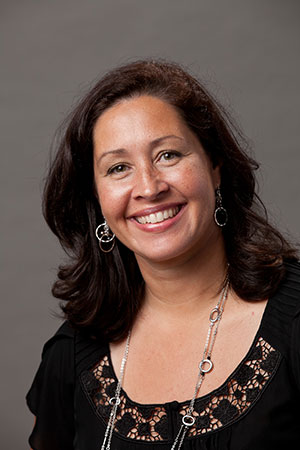Dickinson College
Faculty Profile
Michele Ford
Senior Lecturer in Psychology (2012)Contact Information
Kaufman Hall
717-254-8137
Bio
Professor Ford is a Counseling Psychologist and teaches clinical and counseling related courses such as Psychopathology, Human Sexuality, and both Research Methods and Seminar in Counseling Psychology. Professor Ford's clinical interests include disordered eating, sexual and reproductive trauma, and depression and anxiety in adults and adolescents.
Education
- B.S., Texas A & M University, 1995
- M.A., Texas Tech University, 1998
- Ph.D., 2000
